People
This project brings together a multidisciplinary team of researchers from groups at Durham University (DU) and the University of Dundee (UoD). Numerical modelling expertise comes from Charles Augarde, Will Coombs & Alexandros Petalas at DU, and physical modelling expertise come from Jonathan Knappett at Oxford University and Michael Brown at UoD.
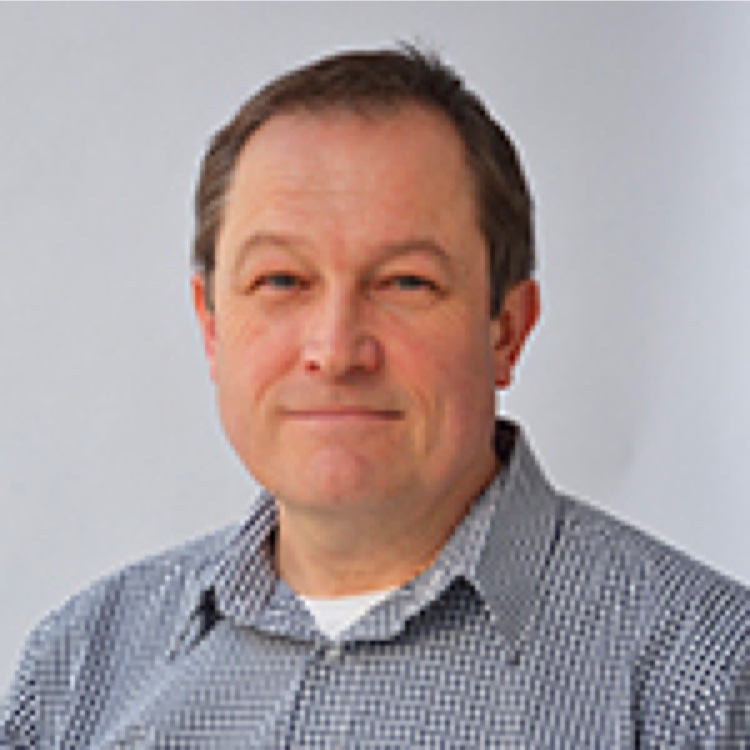
Professor Charles Augarde
Charles Augarde is a Professor of Civil Engineering at Durham University and the overall lead for the Braced excavations: what about the corners? project. Charles has over 20 years experience in computational geotechnics and has published 90+ peer-reviewed articles, on computational modelling. Charles is on the editorial boards of Acta Geotechnica, Computers & Structures and Underground Space, is a member of the EPSRC Peer Review College, a Chartered Fellow of the Institution of Civil Engineers and past president of the UK Association for Computational Mechanics (2016-18).
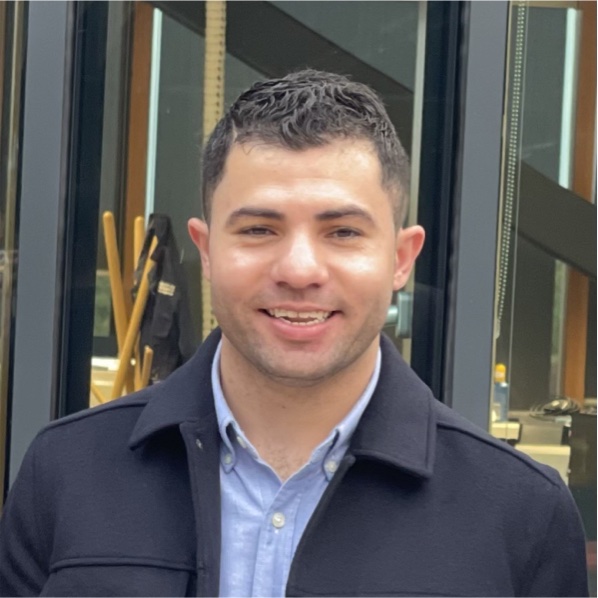
Dr Ahmed Alagha
Ahmed is a Postdoctoral Research Associate at UoD, working on the physical modelling part of the 'Braced excavations: what about the corners?' project. Ahmed holds a Global Talent Endorsement granted by UKRI. He obtained his MSc in Geotechnical Engineering from the University of Birmingham in 2018, where he graduated with distinction and was awarded the 'Best Overall Performance Award', which is given by the Midlands Geotechnical Society. His MSc dissertation titled ' Numerical modelling of tunnel face stability in homogenous and layered soft ground' was published in a peer-reviewed journal which, to date, has been cited nearly 100 times. Ahmed received his PhD from the University of Cambridge in 2023, where he worked on developing a novel miniature Tunnel Boring Machine or TBM to be used to investigate the 3D effects of constructing a new tunnel on nearby piled foundations. He was a warded the Philip Turner Prize in recognition of his outstanding PhD research. Ahmed has also worked as a research assistant at the University of Cambridge from June 2022 to September 2023, where he was involved with various commercial projects, such as the response of piled foundations subjected to monotonic and cyclic loads, lateral behaviour of large diameter monopiles in sand, and soil-pile interaction in cold European regions.

Professor Mike Brown
Mike Brown is a Professor of Geotechnical Engineering at the University of Dundee. Mike carries out specialist physical modelling/simulation of offshore geotechnical engineering challenges for the Oil & Gas and renewable energy (ORE) sectors for a variety of problems, working closely with industrial stakeholders. He led the £1.0M EPSRC Supergen Grand Challenges Project: Developing screwpiles for offshore wind, partnered Durham University on the seabed cable ploughs project, has led research funded by the Energy Technology Partnership (ETP) and others into cable/umbilical flotation risk and characterising pipeline backfill material. Mike is an expert on the development of scientifically-based industry-focused toolkits that link in situ site investigation data to key offshore geotechnical engineering questions, such as cable plough tow forces and foundation installation requirements. He has undertaken a significant amount of work directly funded by industry looking at the simulation of offshore pipeline ploughing which has led to the development of bespoke testing facilities at the University of Dundee. This has been used to develop new plough performance prediction models and understand how ploughs behave when encountering geohazards. He was also Co-I on the FP7-funded Geowave project (1.46M Euros) looking at anchoring of wave energy converters and led the delivery of the Scottish Marine Renewables Test Centre (SMART, ERDF LUPS Priority 1, £1.8M) which resulted in key laboratory infrastructure for the renewables sector. He is a member of the newly formed EPSRC Supergen ORE Research Alignment Group (RAG). He is a recent past member of the JGS Soils and Foundations and Geotechnique journal panels, a member of the Society for Underwater Technology (SUT) Offshore Site Investigation Group (OSIG) and a UK representative on International Society for Soil Mechanics and Geotechnical Engineering (ISSMGE) TC 212: Deep Foundations. He has a track record of research outputs that create impact for industry which is recognised through industry appointing him to chair CEN TC341 WG7 and be a member of BSi B/526/03 Site investigation and ground testing.
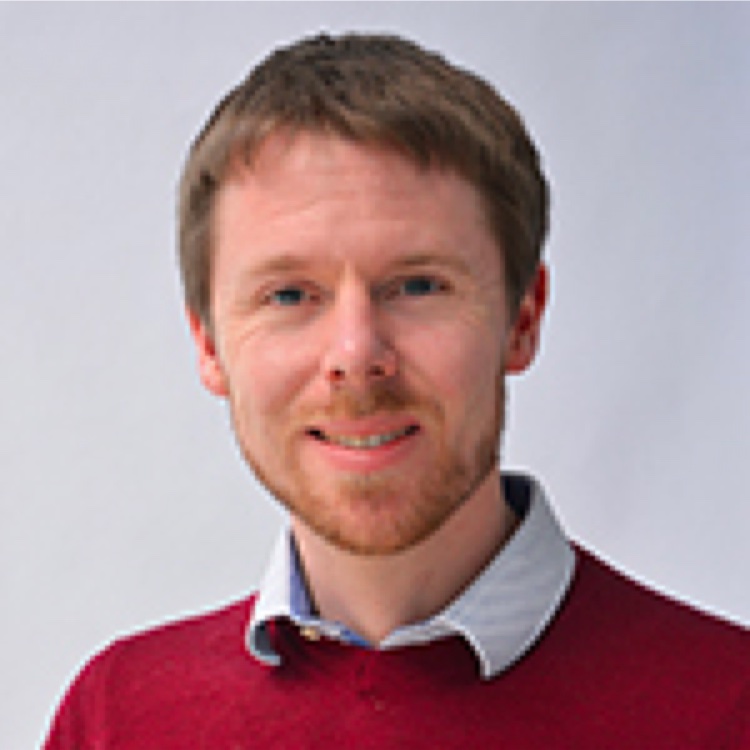
Professor Will Coombs
Will Coombs is a Professor of Computational Mechanics at Durham University. Will is an expert in non-linear computational solid mechanics particularly for large deformation geotechnical problems, including the formulation and implementation of material models for fine-grained soils and the development of new plasticity approaches. Will, in collaboration with Charles Augarde, are experts in the material point method (MPM) and its application to problems in geotechnical engineering. As part of this they have solved several issues with the MPM relating to: implicit solution of large deformation problems, application of boundary conditions, avoidance of spurious numerical artefacts such as volumetric locking and defining appropriate continuum mechanics frameworks to solve the governing physical equations. They are committed to making these developments as open as possible via AMPLE: A Material Point Learning Environment, a freely available, open source MATLAB code, designed to make the MPM approachable. Will is a Co-Investigator on a number of current EPSRC funded projects in the areas of: offshore wind foundations and cabling in close collaboration with Orsted (EP/R004900/1) and onshore wind turbine foundations (EP/P029434/1). Will has collaborated with Michael Brown (University of Dundee) on a number of successful recent projects, on seabed cable ploughing (EP/M000397/1) and screwpiles (EP/N006054/1), the latter receiving follow-on EPSRC impact acceleration funding to enhance the industry readiness of the developed software tools. In 2014 Will received an EPSRC Bright Ideas award for resilient infrastructure research. He is a member of the EPSRC Peer Review College, sits on the editorial board of Geotechnique Letters and Advances in Engineering Software, is a focus area coordinator of the Project Aura Durham-Hull-Sheffield collaboration in wind energy (aura-innovation.co.uk), is a technical lead & the PhD project coordinator for the Aura CDT (auracdt.hull.ac.uk, EP/S023763/1) and was previously the UK's representative on the ECCOMAS Young Investigators Committee.
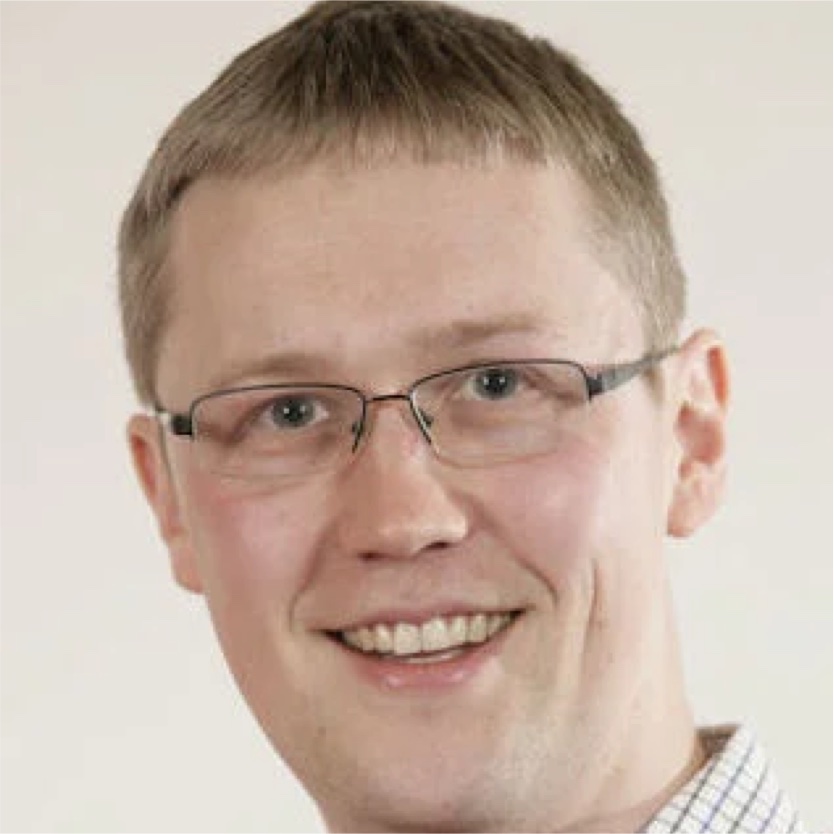
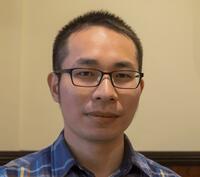
Dr Mao Ouyang
Mao Ouyang is a Postdoctoral Research Associate in Durham University working on the numerical part of the “Braced excavations: what about the corners?” project. Mao received his BEng from Central South University, China; MEng and PhD from Tokyo Institute of Technology (now The Institute of Science Tokyo), Japan, with a MEXT scholarship. Mao has experience in geotechnical/structural engineering, hydraulic engineering, data assimilation and atmospheric science through postdoctoral and academic work at the Tokyo Institute of Technology, the University of Tokyo and Chiba University (2016-2023). Mao's role in the project is development and use of the 3D FE code (WP1) and the reduced order models (WP3).
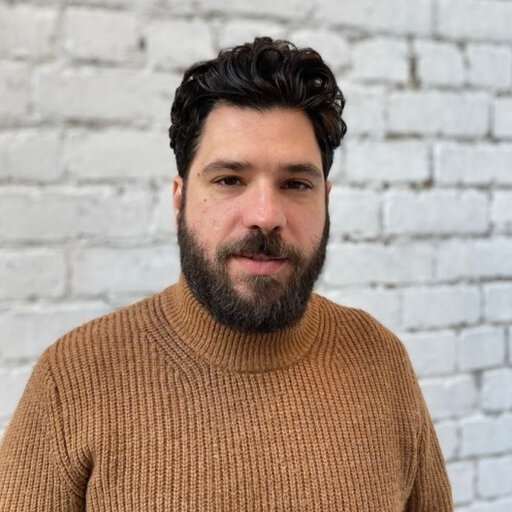
Dr Alexandros Petalas
Alexandros Petalas is an Assistant Professor of Offshore Geotechnics at Durham University. He received his MEng (Mining) from Technical University of Athens in 2009 (Greece), his MSc in Geomechanics from TU Delft (Netherlands) in 2012 and his PhD from UC Davis in 2018 (USA). He has worked as a researcher at the finite element software company Plaxis BV (currently part of Bentley systems) and also as a postdoctoral researcher at Chalmers University (Sweden) and Imperial College (UK).